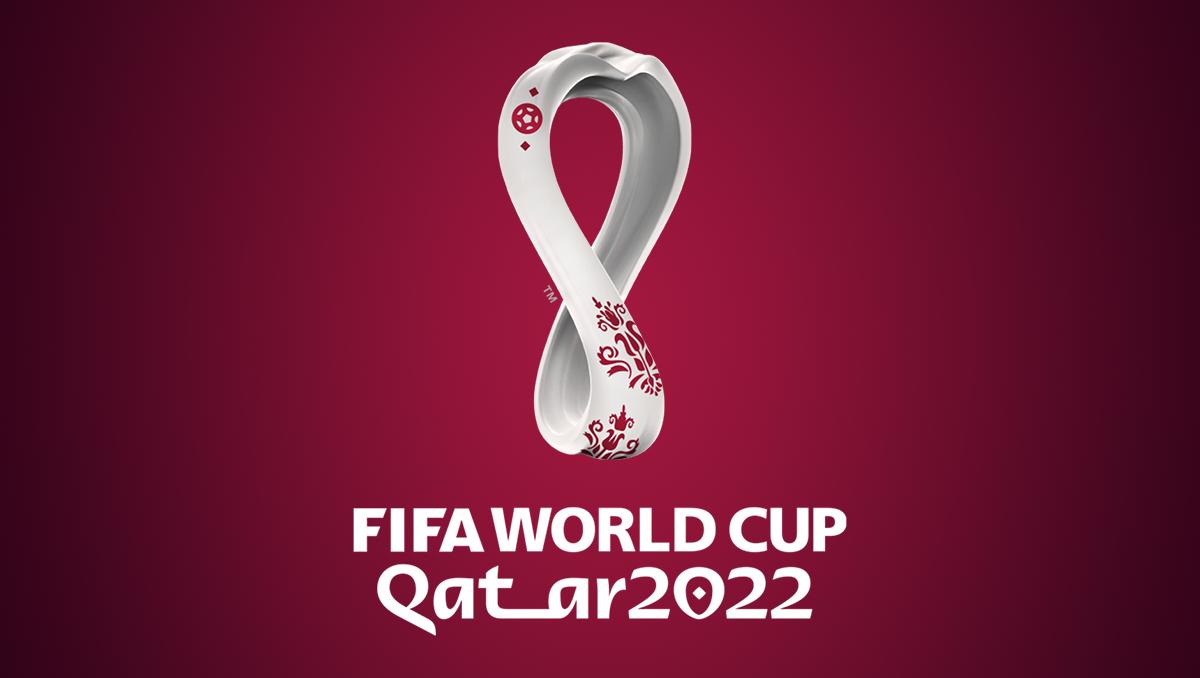September 9 – With 70 days left until the World Cup, Qatar 2022 chief Nasser Al Khater repeated that the host nation has received a lot of unfair criticism over staging the tournament.
Organizers staged a news conference, the first in many months, to address criticism and concerns over Qatar hosting the global finals in November and December. Al Khater said that the remaining work was “aesthetic” with infrastructure and operations in place.
In 2010, FIFA awarded the World Cup to Qatar but after allegations of corruption in the bidding race died down scrutiny shifted to the Gulf nation’s human rights and labour law track record. In 2017, Qatar moved to abolish the infamous kafala system which ties migrant workers to their employer, but grave concerns remain over the effectiveness and implementation of the new labour laws.
“We think that a lot of the criticism has been unfair, not based on factual reality. Whatever we felt was fair criticism we have taken on board,” said Al Khater. It was the argument Supreme Committee boss Hassan Al Thawadi also used to rebuke criticism from Norway Football Federation president Lise Klaveness at the FIFA Congress last March in Doha.
But other concerns remain as well as organisers failed to address how they will deal with fan behaviour that violates local laws and if enough beds are available for supporters, with some fan groups deciding to base themselves in neighbouring Dubai and charter flights on match days to Doha.
Since 2010, Qatar has spent an estimated $220 billion to build and develop seven new stadiums, a metro system, new expressways, hotels and other infrastructure, but Al Khater claimed the cost of Qatar’s World Cup was “in line with or less” than the last three World Cups. Qatar reportedly spent $6.5 billion on specific World Cup infrastructure.
On Friday, Lusail Stadium, where Al Khater addressed the media, will stage the Super Cup, a major test event for the venue that on December 18 will host the World Cup final, the culmination of the first World Cup in the Arab world and the first global finals to be played in winter. The tournament was shifted away from its traditional summer slot because of heat concerns.
Contact the writer of this story at moc.l1751517395labto1751517395ofdlr1751517395owedi1751517395sni@i1751517395tnuk.1751517395ardni1751517395mas1751517395

